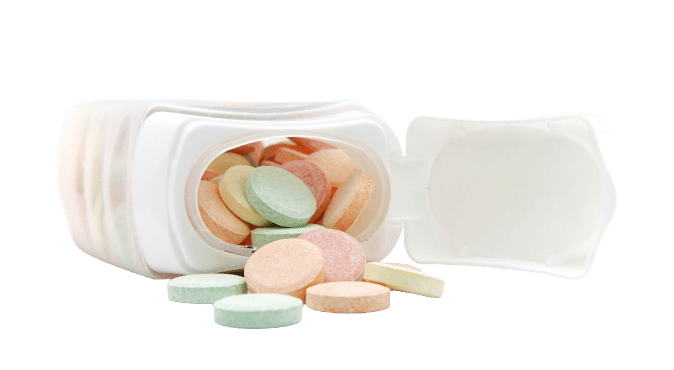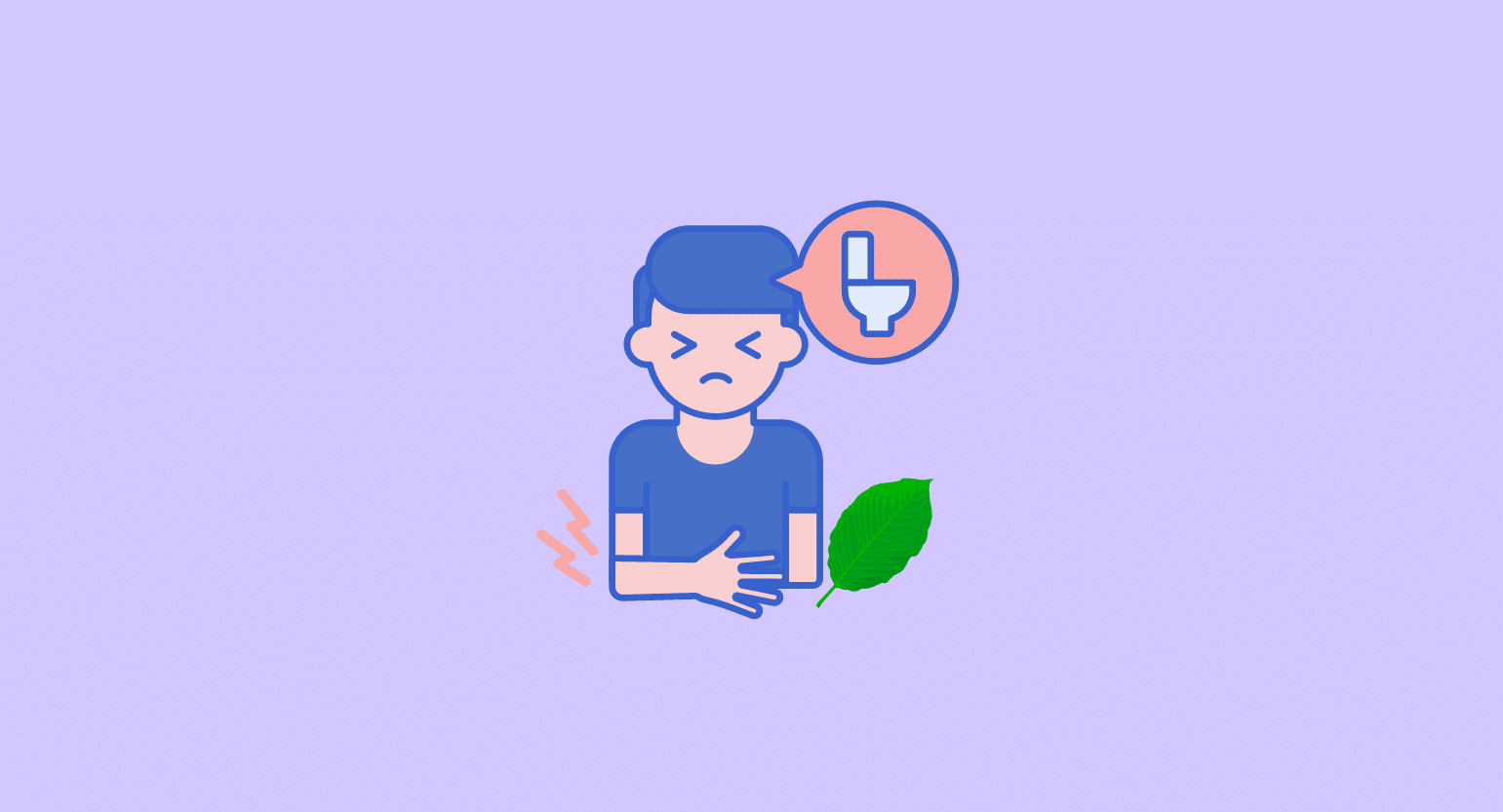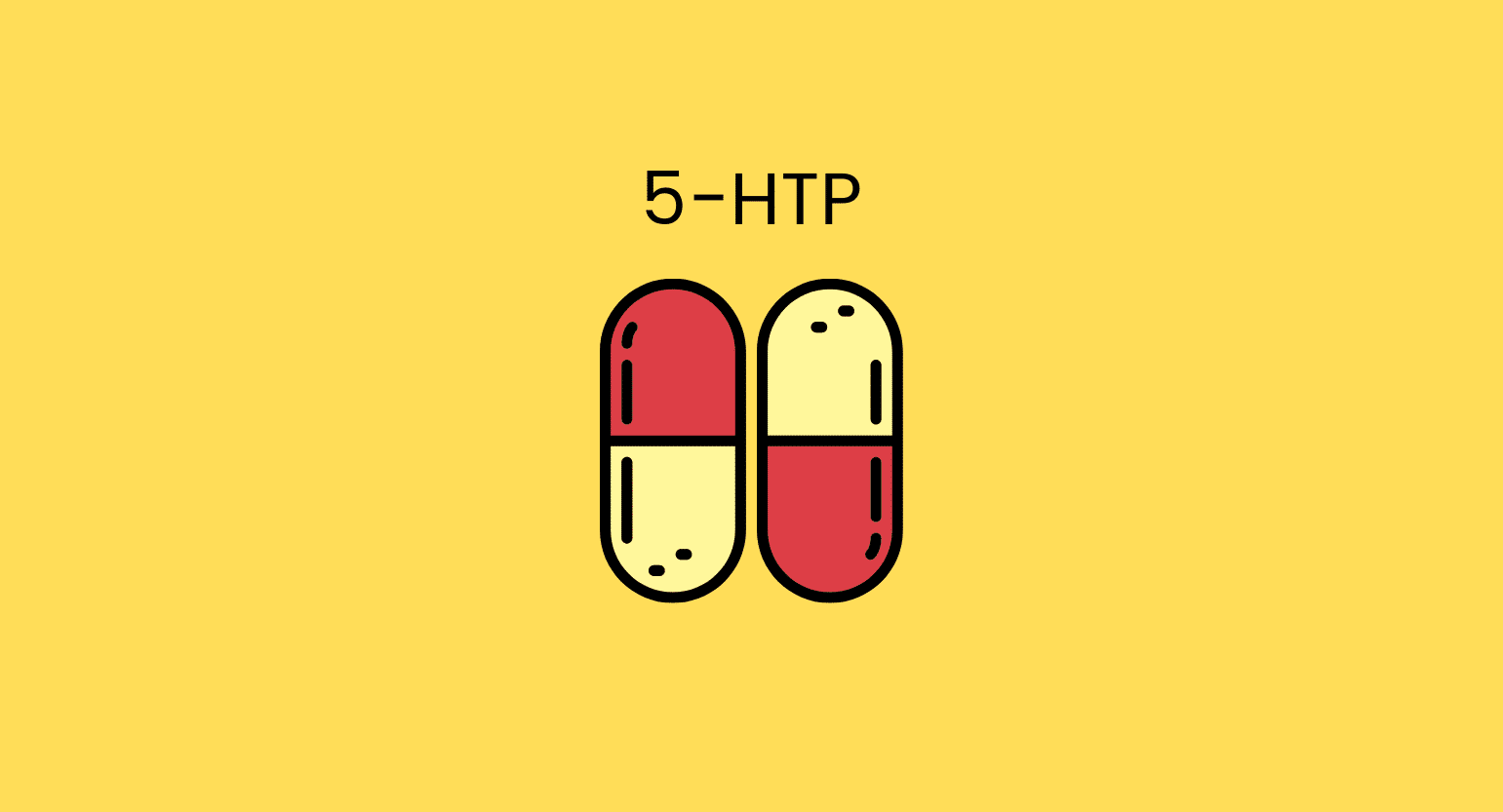Does Kratom Cause Nausea & Stomach Pain?
Users worldwide report nausea and stomach discomfort as side effects of kratom use [1].
There are three primary reasons for GI upset when using kratom:
Misuse
Side effects like this are indicators of misuse — it isn’t normal to experience vomiting after using a correct dose of kratom.
New User
Mild nausea can be present for beginners, so the best course of action is to start with the smallest dose possible. If you are just beginning to take kratom, always go slow.
Larger doses can be incredibly overwhelming for inexperienced users.
Taste & Method of Consumption
One of the most common reasons a user will experience nausea or stomach pain after ingesting kratom is the taste. Some people simply do not get accustomed to the intense flavor, and consuming something with such a bitter flavor can result in some degree of GI upset.
Related: Common Side Effects of Kratom

What To Do If You Experience Nausea Or Stomach Pain
Now that we know the leading causes of nausea and stomach upset after ingesting kratom, let’s cover some solutions.
Tips for Relieving Nausea
If you have already taken kratom and feel nauseated, the best thing to do is to make yourself comfortable. But, unfortunately, you can’t undo what you’ve already ingested once it starts setting in.
Lie Down
Lie down if you can; keep a cool water bottle near you, breathe, and control your body temperature. If you feel hot, lose layers or get a fan on you. If you feel cold, grab a thin blanket.
Have a Light Snack
It’s not always possible to nibble on something with a stomach in knots, but eating something light — crackers or toast, for example — can ease it.
Chew Ginger
Chewing ginger while using kratom to avoid nausea. Ginger has been used medicinally for centuries. Various studies back the theory that ginger can prevent nausea and vomiting, including one that observed how ginger helped chemotherapy patients overcome nausea and vomiting [2].
Use Peppermint
Peppermint oil is another legitimate choice. One study revealed the effects of peppermint oil on cancer patients undergoing chemotherapy. The placement of peppermint oil between their upper lip and below the nose significantly reduced the severity of nausea and controlled retching and vomiting [3]. If you don’t have the oil, sip on strong peppermint tea.
Try Antacids
Some users like to take an antacid or an antiemetic OTC drug to control the GI upset associated with kratom use. Antacids neutralize acidity in the stomach while antiemetics mitigate nausea and vomiting.

Tips For Avoiding Nausea & Stomach Pain In the Future
Most of kratom’s side effects can be avoided by taking a few simple steps. If nausea is a constant issue, try the following:
Take the Correct Dose of Kratom
If you are new to kratom, start with a minimal dose — about 1-2 g. See how you feel in an hour, and then decide if you want to take another small amount. Low doses help keep the stomach discomfort to a minimum and keep users in control of the situation and how they feel.
If you don’t know how much kratom you should take, don’t wing it — check out our dosage guide.
Change the Way You Consume Kratom
If you can’t stand the taste of kratom and it makes you feel sick every time you ingest it, try mixing the powder with a fruit smoothie or another strongly-flavored beverage. Juice and coffee also work well; keep in mind that some juices, like grapefruit, are potentiators and make the kratom stronger. If you want to spice things up, try cooking with kratom.
You can also pick up some capsules or fill your own. Doing so can help you avoid the undesirable flavor altogether. It also allows for simple dosing, considering that each capsule is pre-filled with a specific amount of kratom powder. In addition, taking capsules may make it more difficult to take too much.
Don’t Use Kratom On An Empty Stomach
Kratom can be hard to digest — it’s dried plant matter filled with potent alkaloids, after all. Some people like to take kratom on an empty stomach to get the effects to kick in quicker. However, this can cause discomfort.
Try eating a light snack before taking kratom if you experience nausea often. Eating something else with kratom might help the digestion process move smoother.

Are Certain Kratom Products & Strains Better For Nausea Than Others?
Certain kratom powders have a lighter, more palatable flavor than other strains. Using a strain with a more pleasant taste may reduce some nausea you experience afterward.
Also, don’t use extracts if you are sensitive to more potent strains. If you notice that Maeng Da, Red Malay, or other high-potency varieties make you queasy, don’t dabble with extracts until you’re more experienced, and stick with lower-potency strains. Kratom extracts are incredibly powerful and concentrated and can potentially make a user very nauseated if misused or without care.
Capsules are easy to take in small amounts and avoid the taste — both crucial for avoiding an upset stomach.

Final Thoughts: How To Get Rid Of Nausea & Stomach Pain
Using kratom responsibly is the best way to prevent nausea and stomach pain in the first place. If you are already experiencing an upset stomach or nausea, sip on cool water and practice calm breathing techniques. Keep yourself comfortable, including your body temperature.
Vomiting may be unavoidable if you are feeling particularly sick, and if you do, don’t panic. Just try to remain calm so you don’t make matters worse. The feeling you are experiencing is only temporary, and it is not life-threatening.
Sometimes, a heat pack on the abdomen can ease aches and pains within the stomach, but it would be best to skip it if you are already overheated.
If you use the correct doses and do not abuse the plant, don’t get ahead of yourself if you’re new to kratom, and do your research beforehand, you shouldn’t have any issues.
- Larsen, I., Zhang, E., & Farahmand, P. (2022). Current Understanding of the Effects and Potential Clinical Utility of Kratom: A Review. Journal of Psychiatric Practice®, 28(2), 92-97.
- Fitriyanti, D., & Sulung, R. (2020). Effectiveness of ginger to overcome nausea and vomiting caused by chemotherapy in breast cancer patients. Canadian Oncology Nursing Journal, 30(1), 3.
- Ertürk, N. E., & Taşcı, S. (2021). The Effects of Peppermint Oil on Nausea, Vomiting and Retching in Cancer Patients Undergoing Chemotherapy: An Open Label Quasi–Randomized Controlled Pilot Study. Complementary Therapies in Medicine, 56, 102587.








